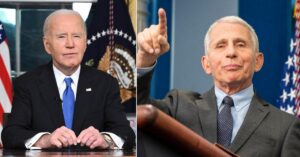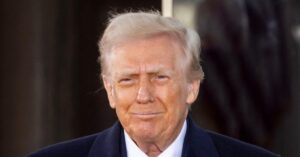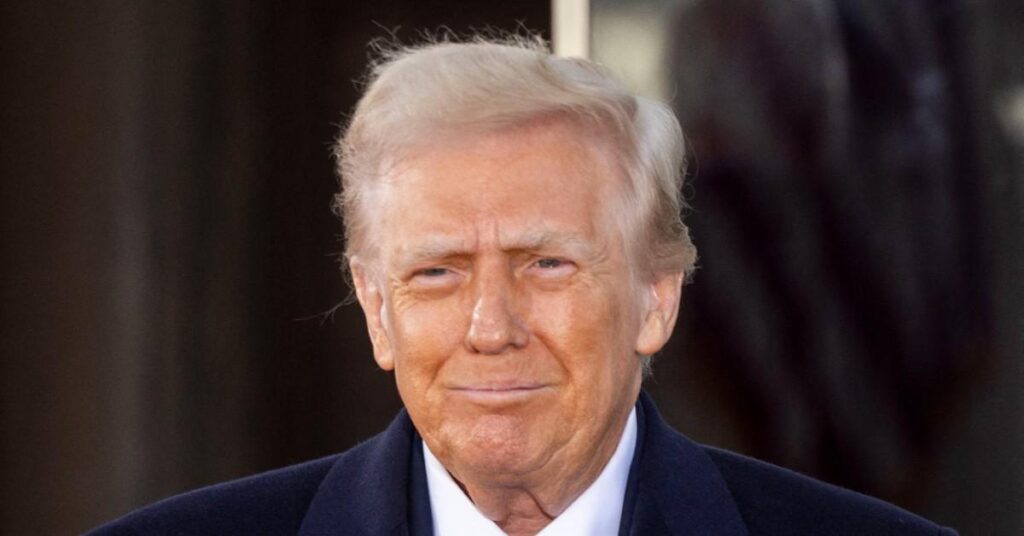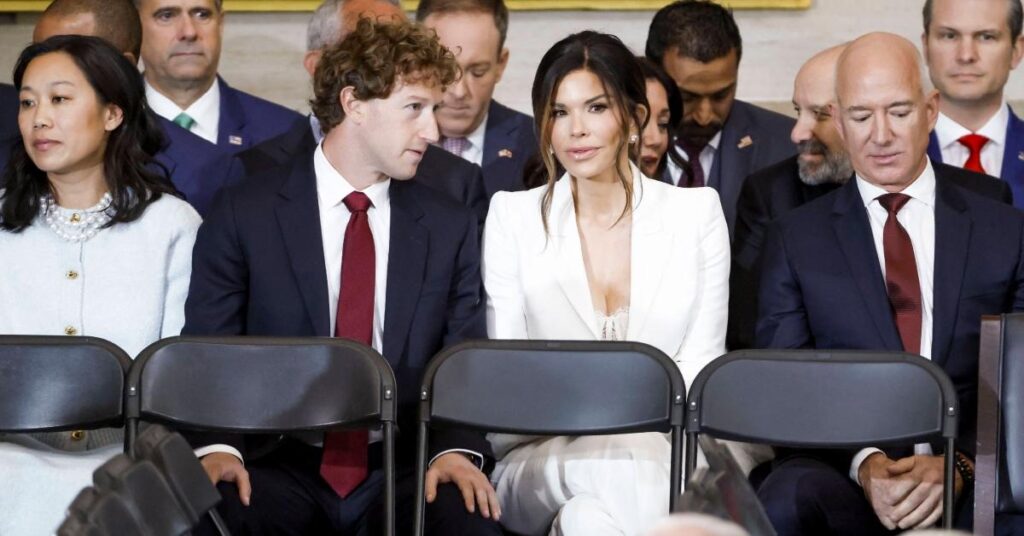Joe Biden’s Bold Pardons in His Final Hours as President
As his term as the 46th President of the United States came to a close, Joe Biden made significant power moves by issuing a series of pardons. Among those pardoned were renowned infectious disease expert Dr. Anthony Fauci, retired General Mark Milley, and members of the House committee that investigated the January 6, 2021, attack on the Capitol. Biden’s decision to grant these pardons was driven by concerns over potential retaliation from President-elect Donald Trump, who had hinted at seeking “revenge” against those who had opposed him.
In an official statement, Biden highlighted the threats and intimidation faced by public servants who were faithfully carrying out their duties. He specifically mentioned General Mark A. Milley, Dr. Anthony S. Fauci, and the members and staff of the Select Committee to Investigate the January 6th Attack on the United States Capitol as individuals who had been unfairly targeted. Biden emphasized that these public servants had served the nation with honor and distinction and did not deserve to be subjected to politically motivated prosecutions.
Trump’s rhetoric leading up to Biden’s pardons was concerning, as he had been warning his supporters about “enemies from within” and insinuating potential actions against his critics once he assumed office. During a rally in Wisconsin, Trump had made alarming statements about the perceived threats posed by certain groups within the country, labeling them as more dangerous than external adversaries like Russia and China.
Following Trump’s remarks, Fox News reporter Howard Kurtz raised questions about the implications of labeling fellow Americans as “enemies from within.” However, Trump remained steadfast in his stance, defending his use of the term and expressing concerns about potential violence directed towards him and his family. He voiced apprehensions about the possibility of individuals attacking him or his family members believing that Trump would pardon them for their actions.
One individual who shared these concerns was Michael Fanone, a police officer who had been assaulted during the January 6th attack on the Capitol. Fanone expressed fears about his assailant potentially being pardoned by Trump and having his prison sentence revoked, leading to a sense of vulnerability and insecurity for himself and his loved ones.
As the political landscape continued to evolve, the implications of Biden’s pardons and Trump’s rhetoric reverberated across the nation. The tensions and divisions within American society were further highlighted by these events, underscoring the need for unity and reconciliation in the face of escalating political polarization.
It remains crucial for public figures and leaders to prioritize the well-being and safety of all citizens, fostering a sense of inclusivity and respect for diverse perspectives. By addressing the underlying issues that fuel animosity and distrust, there is potential for healing and progress towards a more harmonious society.
Ultimately, the actions and words of political leaders have a significant impact on the fabric of society, shaping the narrative and influencing the collective consciousness. As the nation navigates through challenging times, it is imperative for individuals to uphold values of empathy, understanding, and cooperation to bridge divides and forge a path towards a brighter future for all.







